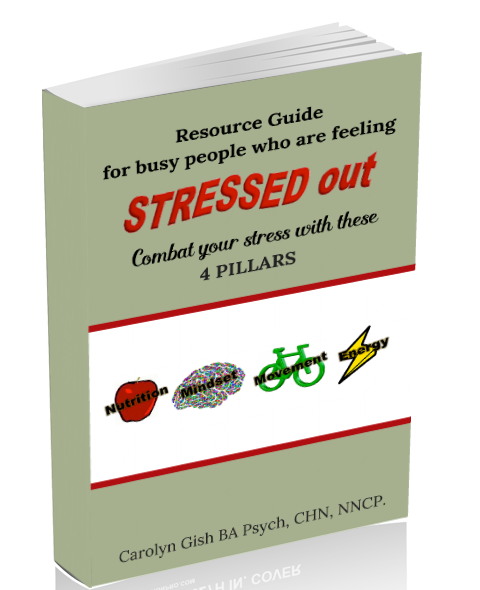 Whether you’re struggling with the occasional difficulty sleeping to insomnia, there’s a lot you can do to get a better night’s sleep, feel refreshed when you awake and remain alert throughout the day!
Whether you’re struggling with the occasional difficulty sleeping to insomnia, there’s a lot you can do to get a better night’s sleep, feel refreshed when you awake and remain alert throughout the day!
Here are my 3 tricks to managing a better sleep while working shift work.
STEP 1| Establish a bedtime routine that promotes relaxation.
Establish a bedtime routine that promotes relaxation (e.g. set your alarm an hour before you want to go to sleep, take 20 minutes to prepare for the next morning, take another 20 minutes to get ready for bed, and in the last 20 minutes engage in a relaxing activity).
You can also:
- Eliminate any light stimulus (electronics) in your bedroom including TV’s, computers, etc.
- Limit drinking or eating before bed
- Maintain a cool comfortable environment, wear loose fitting PJs
- Create a sleep-conducive environment that is dark, quiet, comfortable, and cool
- Have a journal beside your bed to download your thoughts into
STEP 2| Choose your foods wisely.
Avoid large, heavy meals at one sitting and break eating up into 4-5 meals a day. Ensure your diet is high in leafy greens, sesame, and sunflower seeds, oats, almonds and walnuts to avoid deficiencies in calcium and magnesium.
Minimize or eliminate stimulants from your diet, like sugary snacks, soda, pop, refined carbs and caffeine, especially close to bedtime.
Minimize alcohol and nicotine consumption before bed as it can disrupt sleep. For dinner choose foods that are high in tryptophan, a chemical that stimulates serotonin, which in turn helps you sleep. Try foods like turkey, chicken, tuna, hummus, live unsweetened yogurt, spinach, mushrooms and whole-grain crackers.
STEP 3| Incorporate alternative methods or supplements.
Incorporate water, drink a glass of water every two hours so you won’t wake up at night with a dry mouth; but you will want to have your last glass two hours before bedtime, or you’ll be up for other reasons.
You can also try supplementing with Melatonin which is used for treating seasonal affective disorder, to help control sleep patterns for people who work night shifts, to prevent or reduce problems with sleeping and to reduce chronic headaches.
GABA is used to promote balance in stress hormones, it is found in green, black and oolong tea, yogurt and brown rice.
Another great alternative is to consider light therapy to help shift your Circadian Rhythm if you are working a night shift.
And of course exercise regularly, it is best to complete your workout at least a few hours before bedtime
SO, TELL ME
Tell me in the comments below. What have you tried that’s helped you get a better night’s sleep?


